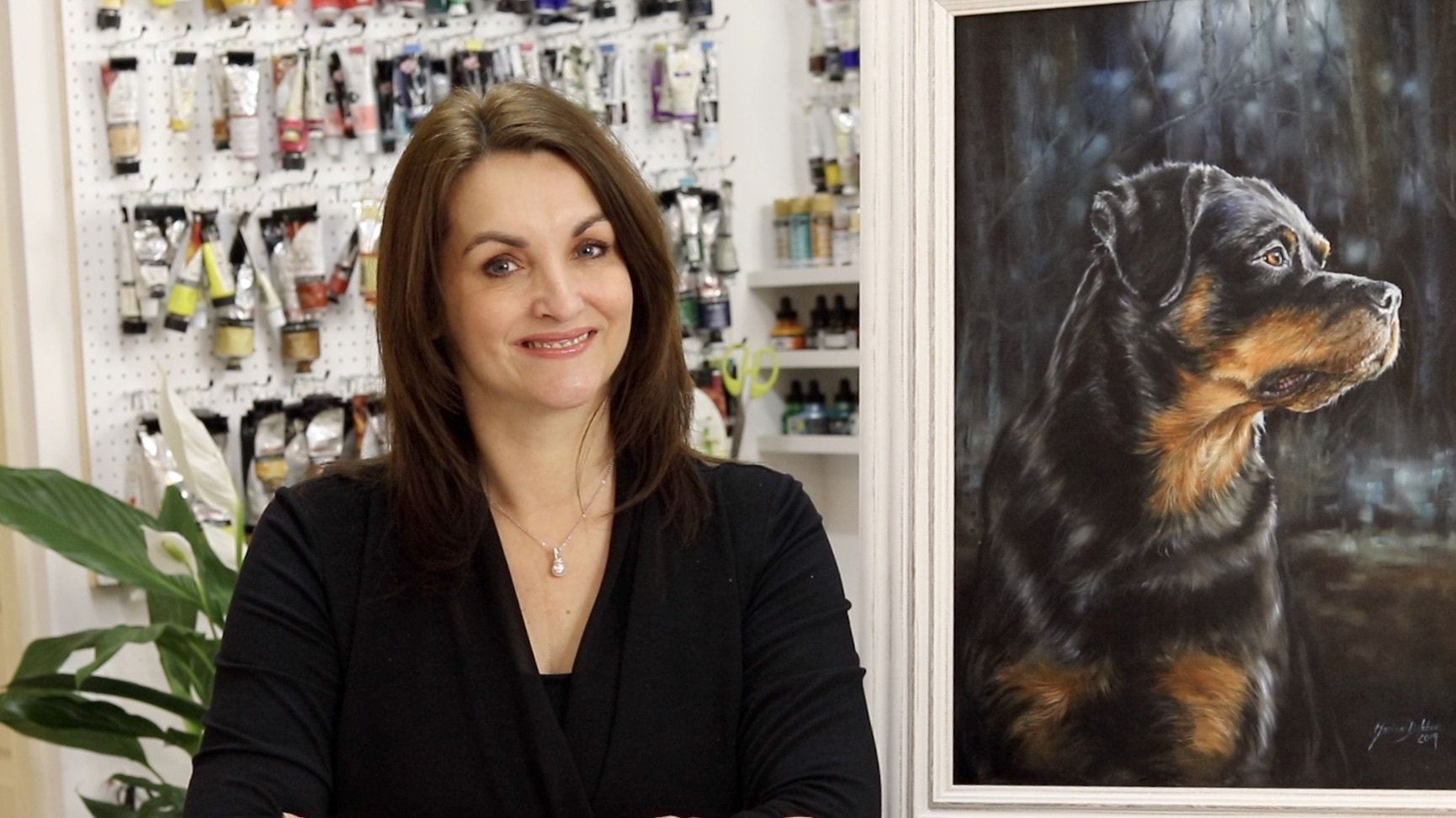Canvas Priming
- Marion Dutton

- Oct 1, 2025
- 2 min read
Michael Harding Non-Absorbent Acrylic Primer
One of my favourite ways to prepare a canvas is by toning it with Michael Harding’s Non-Absorbent Acrylic Primer in Titanium Buff. It gives the surface a beautiful, warm base that instantly takes away the starkness of white. From there, I can build my underpainting in raw umber, gradually introducing white highlights — often creating an effect that looks like a finished piece before I’ve even begun glazing.
The best part? Once primed, this ground accepts both oils and acrylics, giving you flexibility no matter which medium you’re working in.
Michael Harding Non-Absorbent Acrylic Primer – Burnt Sienna (Transparent)
If you prefer a warmer, more dramatic ground, the Burnt Sienna primer is a fantastic option. It creates a rich, reddish-transparent base that instantly adds depth and energy to your canvas. This lively foundation works beautifully for underpaintings where you want warmth to glow through later glazes, especially in portraits, animals, or autumn landscapes.
And just like the Titanium Buff, once primed you can paint confidently in either oils or acrylics.
Jackson’s Gesso Primer – White
For a clean, versatile ground, Jackson’s White Gesso is a solid studio staple. It works beautifully on canvas, wood, or board, and gives you a bright, neutral surface that’s perfect if you prefer starting from white. It accepts oils, acrylics, or mixed media, making it a flexible option whether you’re underpainting in raw umber or working directly in colour.
Once primed, you can paint confidently in either oils or acrylics.
Gamblin Oil Painting Ground
When you need a strong, bright foundation made specifically for oils, Gamblin’s Oil Painting Ground is ideal. It’s formulated with alkyd resin, titanium dioxide, and barium sulfate, creating a durable, non-absorbent surface that keeps your colours luminous.
One of its biggest advantages is how well it works for reusing old canvases — simply prime over an existing oil painting, and you’ve got a fresh surface ready to go. Just remember: this ground is for oil paint only and isn’t suitable for acrylics.
Jackson’s White Synthetic Mottler
This high-quality range of synthetic mottlers is ideal for oil and acrylic painting, as well as varnishing, offering smooth, wide brushstrokes and an even finish.
Maz Says: I’ve recently discovered these and now use them for applying both my gesso and Michael Harding Acrylic Primer. They lay the paint down beautifully smooth and evenly, and after a quick wash with soap and water, the bristles return to their bright white. I love them — and much prefer these over my old sponge application method.







Comments